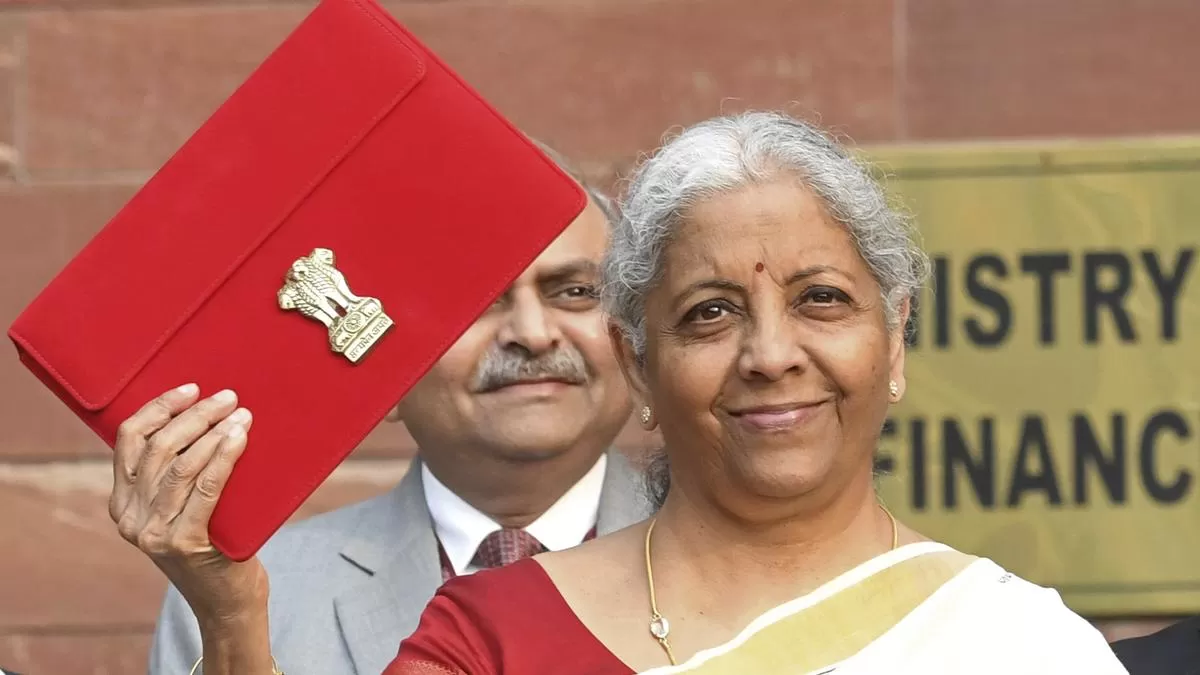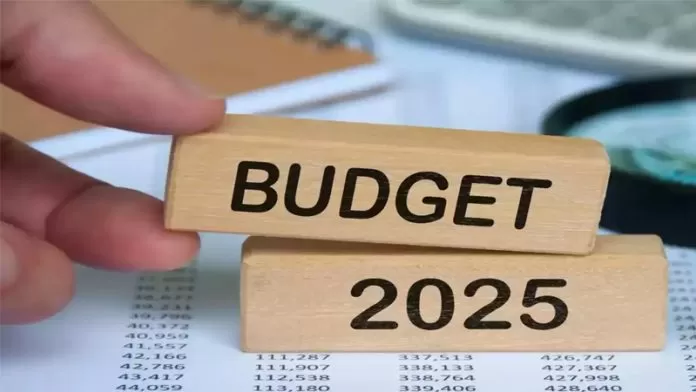
SAIL partners with John Cockerill for green steelmaking technologies

Budget 2025: Key Highlights
On February 1, 2025, Finance Minister Nirmala Sitharaman presented the Union Budget for the financial year 2025-26 in Parliament. This marks the eighth budget by Sitharaman, making her the first finance minister in India’s history to present so many budgets. It is also the first budget of Prime Minister Narendra Modi’s third term.Sitharaman emphasised that the budget focuses on driving growth towards a “Viksit Bharat” (Developed India), with the country maintaining its position as the fastest-growing major economy. She outlined the government’s commitment to inclusive development, im..

Budget 2025-26: Industry reactions
Union Finance Minister, Nirmala Sitharaman announced Budget 2025-26 today. The government has planned a number of strategic initiatives which will drive inclusive growth, boost economic growth and provide an impetus to to India’s competitive edge on the global stage.Here’s what industry has to say about various announcements and initiatives announced in the budget:Real Estate“The Union Budget 2025 is a game-changer, reinforcing India's commitment to inclusive and sustainable urban growth. The SWAMIH Fund 2 with Rs 15,000 crore will accelerate the completion of stalled housing projects, b..

Budget 2025: Key Announcements Impacting Real Estate
Key takeaways for the real estate sector include:• Income tax relief for the middle class: The finance minister announced zero income tax for individuals earning up to Rs 12 lakh annually, providing a major consumption boost. This move is also expected to strengthen demand for affordable housing. Additionally, the new income tax bill will retain nearly 50 per cent of existing provisions while introducing personal tax reforms and rationalising TDS and TCS regimes by streamlining rates and thresholds.• Tax benefits for residential property investors: Investors can now claim nil valuation for..















